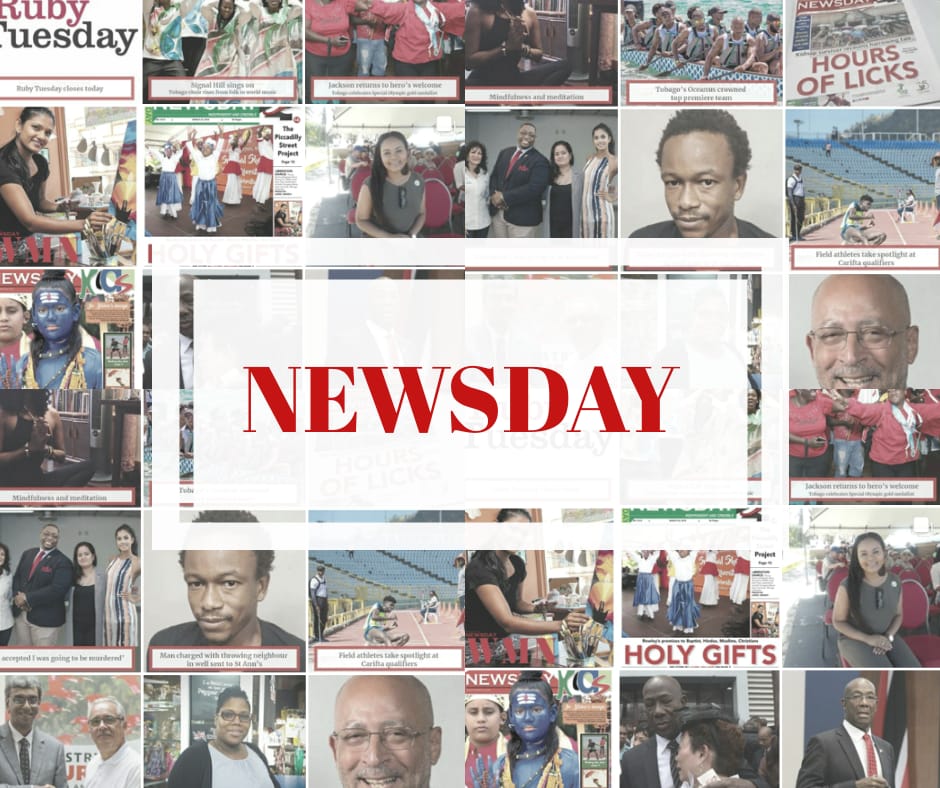HIV/AIDS meeting: Reduce bias to reduce infection

In order to create greater inter-regional collaboration to end HIV/AIDS by 2030, people must set aside their biases, stigmas and phobias to create an inclusive environment that is free from discrimination.
This was the view of Ian Ramdahin, acting permanent secretary in the Office of the Prime Minister and memeber of the National AIDS Co-ordinating Committee, at the second joint regional dialogue with the Pan Caribbean Partnership Against HIV/AIDS.
"Please be cautioned that if we fail to unmask or decode the barriers because of our personal biases on human rights, the net result will be that we will fail to effectively strategise in adequately meeting the diverse needs of our vulnerable group within the landscape," he said.
This meeting brought together parliamentarians, faith leaders, civil society leaders, national AIDS programme managers, youth leaders, sex workers and members of the lesbian, gay, bisexual and transgender (LGBT+) communities to discuss their respective communities' issues with HIV/AIDS.
"If the key population vulnerable to HIV epidemic is allowed to go unchecked, untreated and unsupported in any country," said Ramdahin," then not only will the vulnerable people, but also the society as a whole will ultimately suffer. The region recognises that HIV/AIDS is a critical development problem which affects the quality of life, labour, families, communities and the national economy."
People from Caricom nations such as Jamaica, Suriname, St Vincent and the Grenadines, Guyana and TT attended the meeting.
Statistics from UNAIDS say at the end of 2018, globally there were approximately 38 million people infected with HIV. of whom approximately 340,000 are from the Caribbean.
Ramdahin said the Caribbean region had reduced new infections of HIV by 18 per cent between 2000 and 2017. The region also halved the number of new infections for people 14 and under.
Last year's was the first joint regional meeting, which discussed how the different entities could collaborate, and opened discussion between divergent groups such as faith-based organisations and the LGBT+ community.
Derek Springer, director of Pancap, gave an overview of last year's meeting.
"We had agreed that it was critical to ensure that there were guidelines for respectful dialogue between key population leaders and faith leaders," he said.
One issue Springer said came up last year was the faith-based community's hesitance to endorse a comprehensive sexual education programme because it was not familiar with the content. Pancap made infographics from the Unesco comprehensive sex education modules as a means of demystifying comprehensive sex education.


Comments
"HIV/AIDS meeting: Reduce bias to reduce infection"